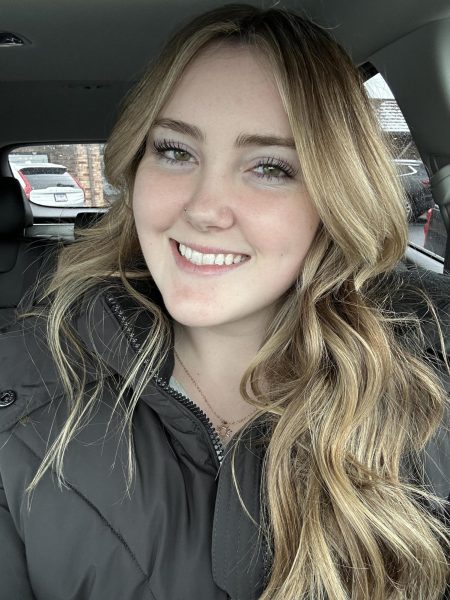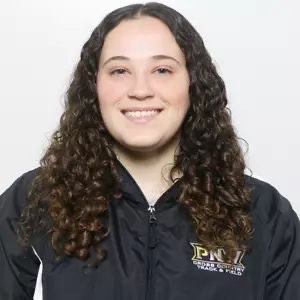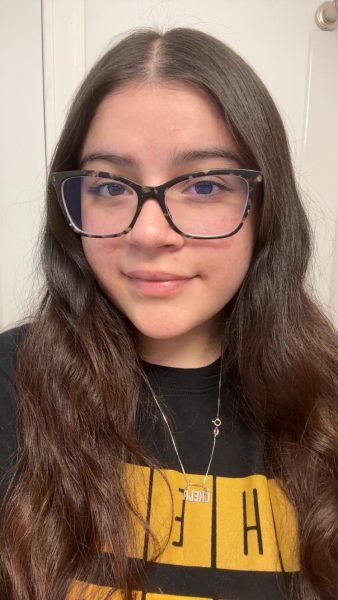Center for Faculty Excellence helps instructors help students
Students who are struggling with their studies may soon get some help from the Center for Faculty Excellence, a new resource designed to help faculty create tailored assistance for their students.
Over 200 PNW faculty members have participated and completed the center’s training, which earned them the ACE-endorsed Certificate in Effective College Instruction.
“Faculty can check out books and create targeted programs for students who may be falling behind academically,” said David Detmer, a professor of philosophy and member of the Faculty Senate, which supported the center’s creation.
Efforts are focused on undergraduate students and the challenges they may be facing in class. The program helps faculty to improve their teaching skills and get more connected to students. The center’s goal is to allow faculty members to share experiences and learn from one another.
The center’s most intimate forum is the Pedagogy Circle, which is co-sponsored by the Department of History and Philosophy each semester to discuss student issues, such as enforcing attendance, fair grading and helping students who are falling behind. The Pedagogy Circle provides opportunities for participating faculty members to help each other by sharing tips and experiences. The meeting also identifies initiatives to increase student retention.
About 70% of full-time faculty have already participated in the center’s programs and events.
The center also offers a Faculty Peer Coach Program, which allows a faculty member to interact with a faculty peer coach to improve teaching techniques, encourage student motivation and boost class interaction, help students who are struggling, collect feedback from students and use course evaluations to improve classroom design and instruction.
The Center for Faculty Excellence also offers the Faculty Book Club, which shares books aiming at strategies for a better classroom environment.
The center also offers a three-part training program for graduate teaching assistants, to help them learn from their own peers’ experiences.
Since classes have transitioned online due to the COVID-19 pandemic, the center has focused on assisting faculty through online training, virtual discussions, help sessions and making technical resources available.






